Paragon Business Summit: Beyond Business brought a different kind of summit for its partipants to ascend. Held in Leong Hall Auditorium on March 18, 2017, the event brought five select “paragons,” models of excellence in their own startup and business-related fields, to give talks to motivate almost 300 participants. With this year’s theme focusing on startups, the paragons encouraged the audience to innovate and start early.
The event aimed to give the participants a feel of what it means to innovate and start their own business, splitting the program into two parts: the morning session, which consisted of inspirational talks from the five paragons; and the afternoon session, which consisted of workshops for Rapid Prototyping, and Business Model and Pitching.
The five speakers during the morning session were, in order of presentation: Alex Alabiso, Portfolio Development Director at Kickstart Ventures; Natasha Villaroman, Recruitment Coordinator at Uber; Charles Justin Lim, CEO and Co-Founder of Veer Technologies and Reality+; Gero Tan Seng, CEO and Co-Founder of Tan Seng Industries; and Don Soriano, Licensed Financial Advisor and best-selling book author of “Break Free.”
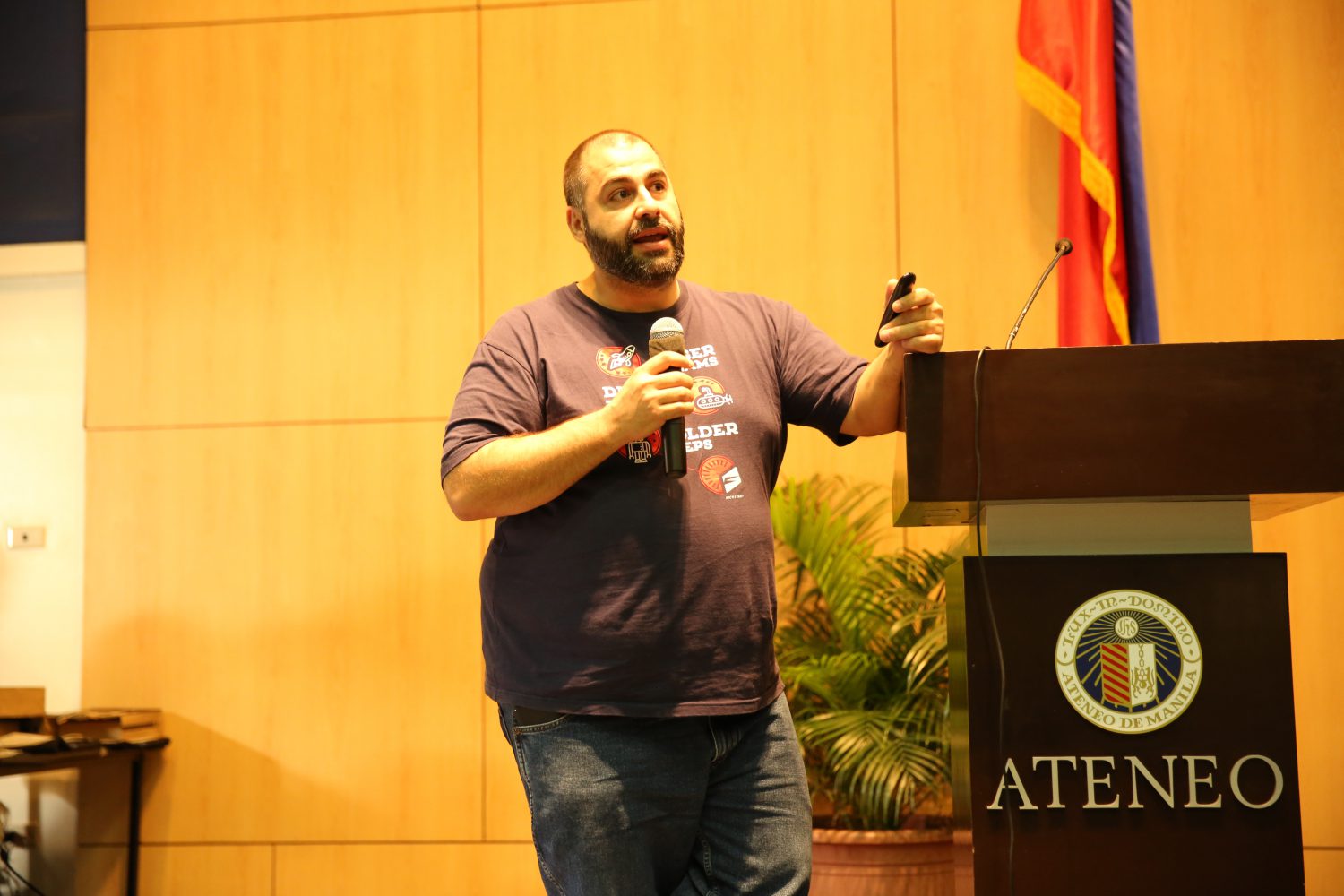
Alex Alabiso started off the morning by sharing how Kickstart Ventures helped startups by providing money in exchange for equity. He also introduced the anatomy of a startup—which is composed of an idea, a team, a business model—and the importance of funding and timing.
“Don’t just hire your brother or sister because they need a job,” he said, because it’s important to have a good team. “Have good timing so that your startup will take off,” because if the timing is right, then people will be interested in your product.
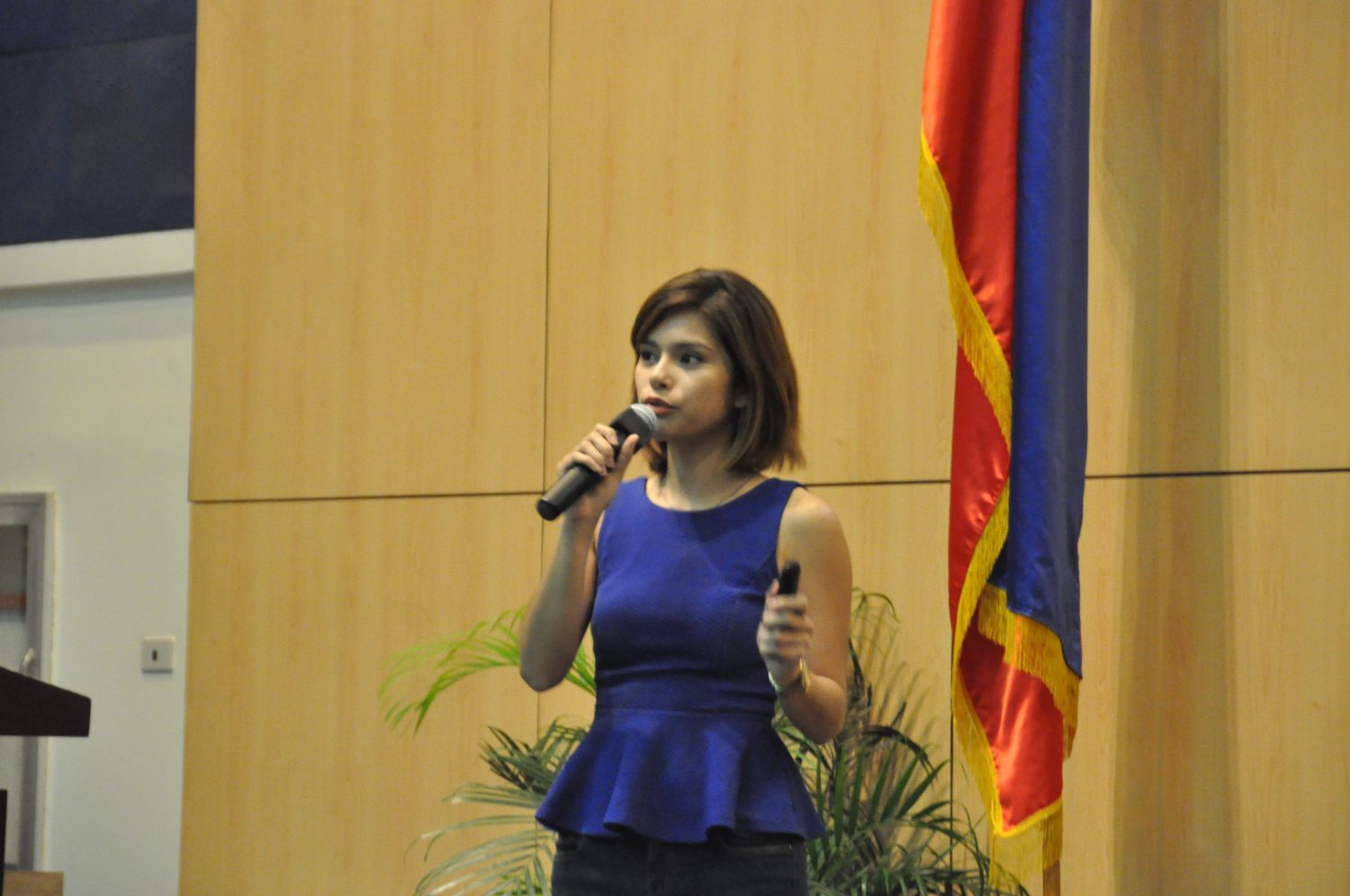
Natasha Villaroman from Uber talked about using innovation as a way to disrupt the industry. “Digital disruption has already happened,” Natasha elaborated. By using technology as an advantage rather than a disadvantage, Uber provided made calling a cab faster for the users and was cheaper than owning a car.
She stressed the importance of continuously innovating and challenging yourself on how to keep up with the times because “simple and crazy beginnings can lead to something big.”
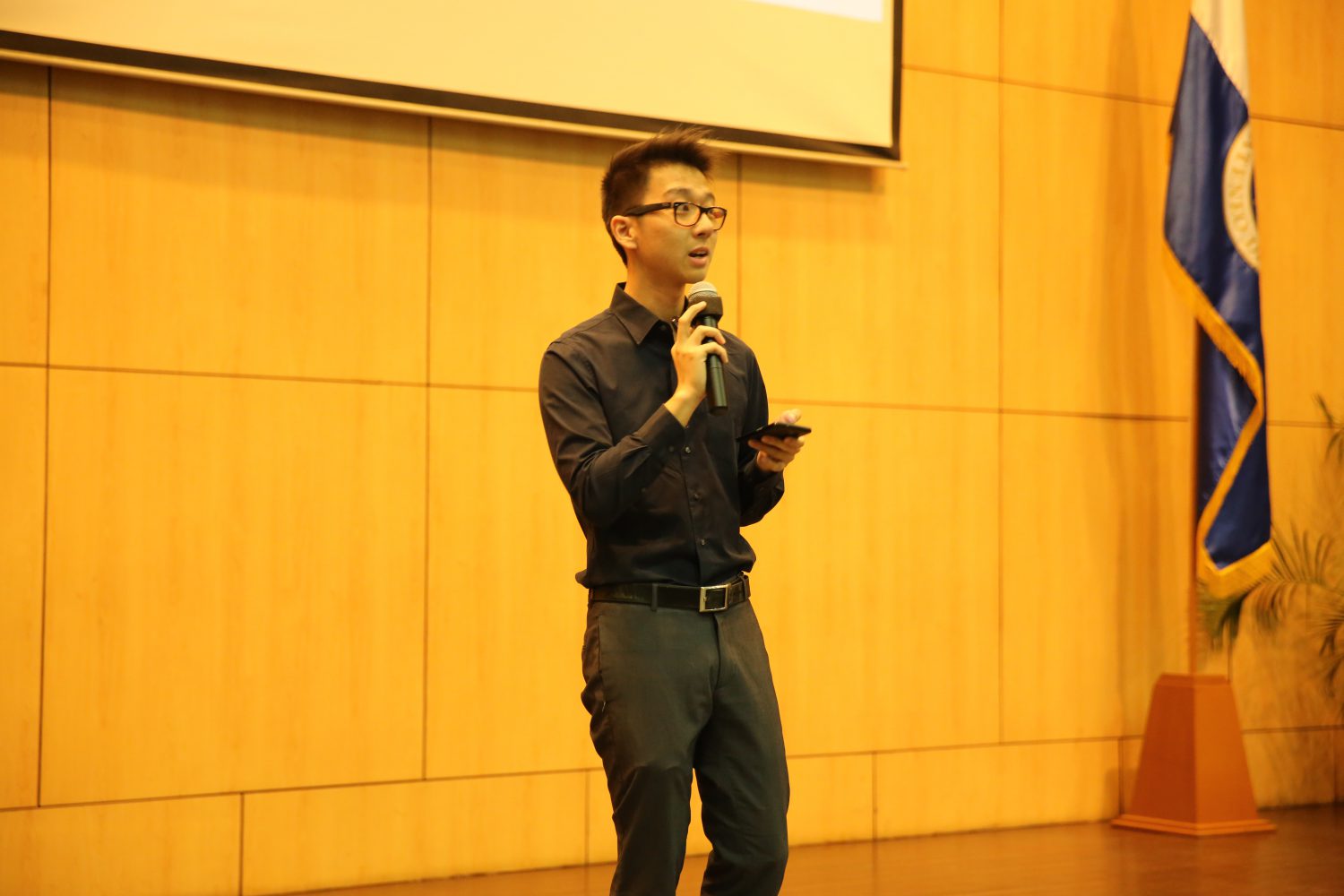
Charles Justin Lim shared his story of how he became a CEO and co-founder of his own company after he pursued his interest in virtual reality. It was through spearheading events in college that he learned how to trust others, especially in big projects and the importance of learning as a team.
“If you are not willing to fail, then you’ll never learn,” he said.
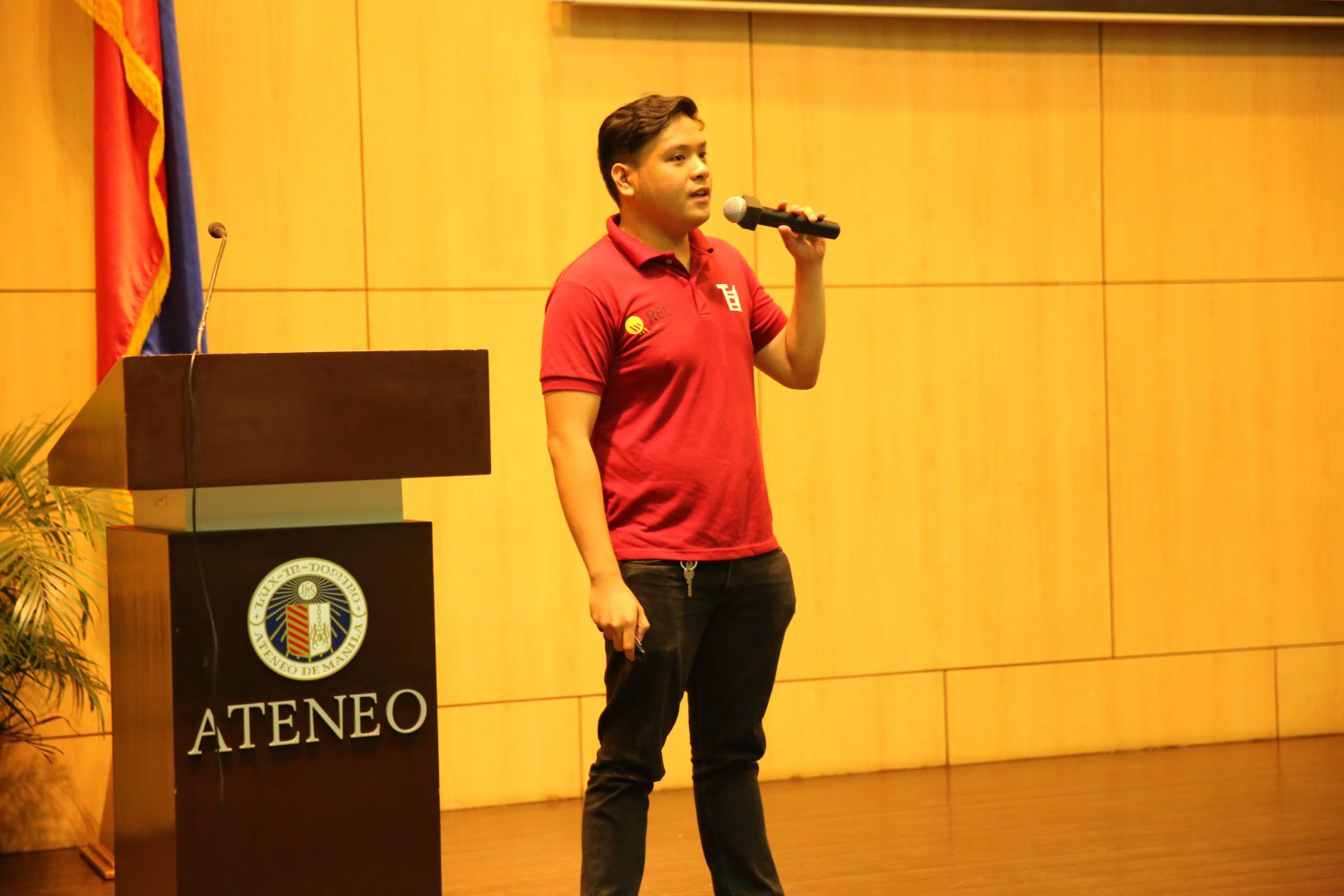
Gero Tan Seng also gave a fresh perspective on startup entrepreneurship by talking about how he started his own company, Tan Seng Industries, despite being an undergraduate. He shared his story of Project Liwanag which helps bring light to rural communities using solar panels.
If you have to do something, then do it now,” Gero says. “Innovation happens when you maximize resources and use it properly.”
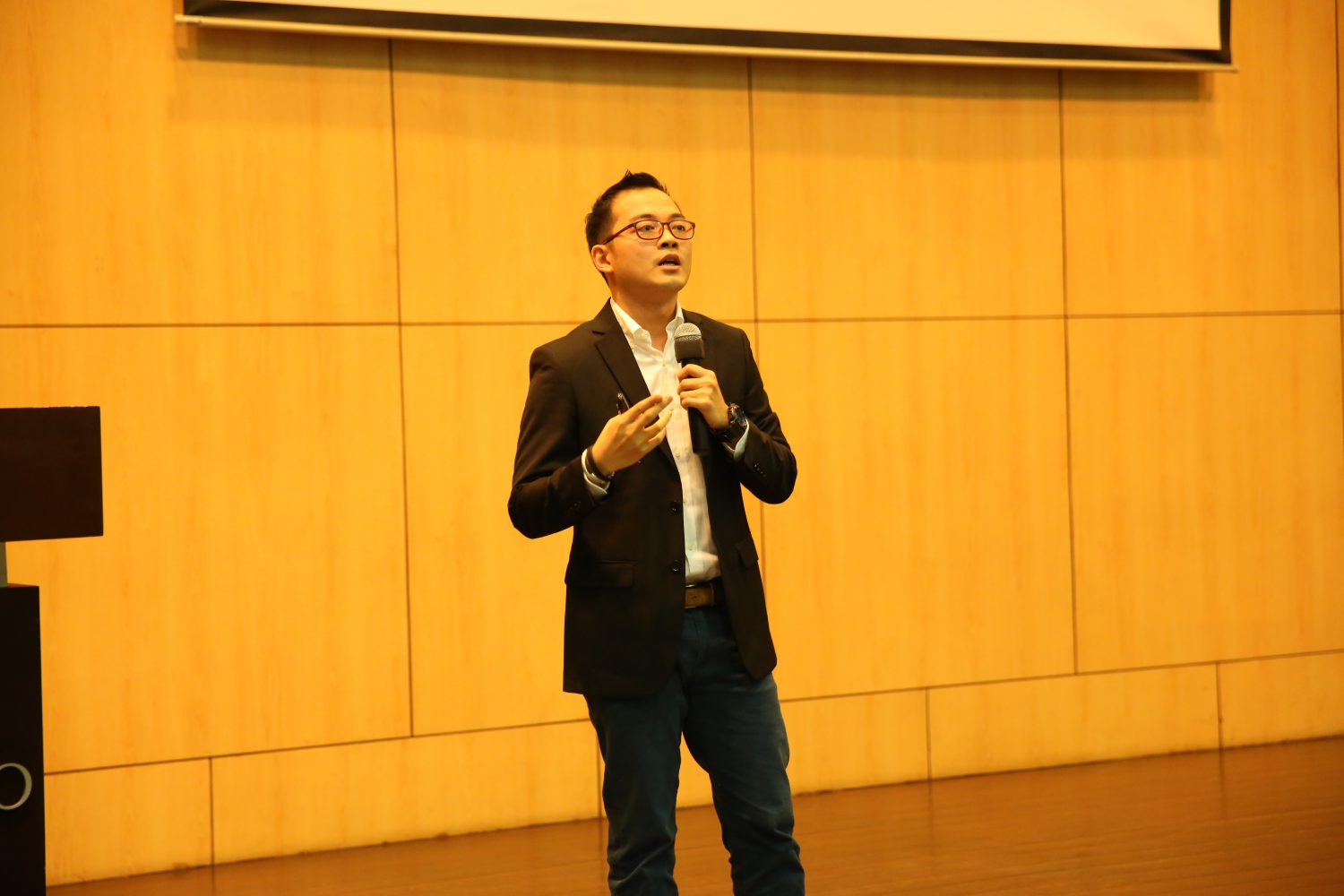
Don Soriano from Sun Life Financial focused on imparting three principles of massive success. The first principle, “The Best Investment,” emphasized time as the most important resource, and the difference between the ordinary and the extraordinary is through personal development. The second principle is “success is only 20 percent skill,” because the other 80 percent is composed of the right mindset or psychology of the individual. The third principle, “the best first step to business,” revolved around product sales and the importance of selling yourself.
“Ideas are cheap, action is gold,” Don Soriano emphasized.
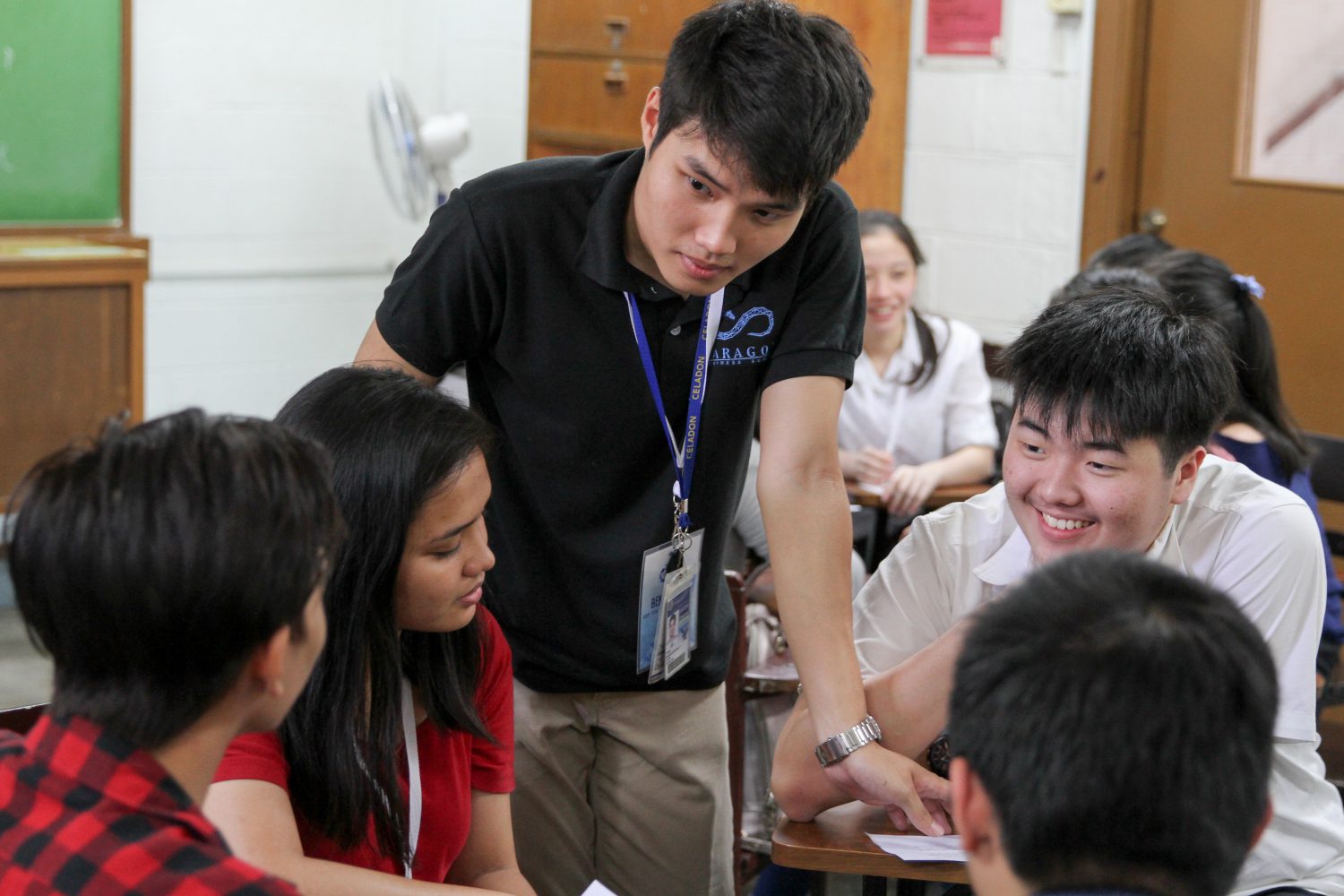
The participants were escorted in the afternoon to their respective classrooms around the Ateneo for a set of case study activities. Each case study presented a unique problem of a start up company, and they were tasked to come up with suitable business plans to solve it.
Case studies were provided by Sari Software Solutions, a social enterprise providing off-line communities with financial literacy; Mica PH, a startup providing a medical booking platform; and Tralulu, a digital booking platform for travel.
Pau Joquino, VP for Community of YouthHack Manila, gave a closing speech about what the participants learned and how they could excel in the future.
Recounting the values of the business summit, project head Katreena Chang notes, “What we wanted to impart most to the participants were the integral values practiced by Chinese-Filipinos that lead them to success in their endeavors—those of hard work and dedication to make their ideas and plans come true. We wanted them to feel what it was like being part of the business themselves and putting themselves out there. The activities were structured in a way to give them just that.”
“The biggest challenge we faced was finding the right balance of seminars and workshops for the event. We realized that applying their theoretical knowledge to real world cases was something the participants were really looking forward to. This was the first year that Paragon ever had workshops, so we needed to be able to transition from talks to hands-on activities. [Thinking of the participants] ultimately gave us the motivation we needed to succeed,” said co-project head Kevin Uykingtian on its challenges.
When asked about the future of Paragon, VP for External Affairs Himig Marcos comments, “Paragon is open to anyone who wants to learn a thing or two about something that they might not be well immersed in. I imagine Paragon to be an avenue for sharing in the future: A place where great ideas come together to inspire hundreds of participants whether it be in social involvement, technology, and other fields.”
Written by Andrea Chan, Arwin Lao, and Timothy Tia.
Photos by Cian Kieffer Lim, Joshua Tan, and Timothy Tia.

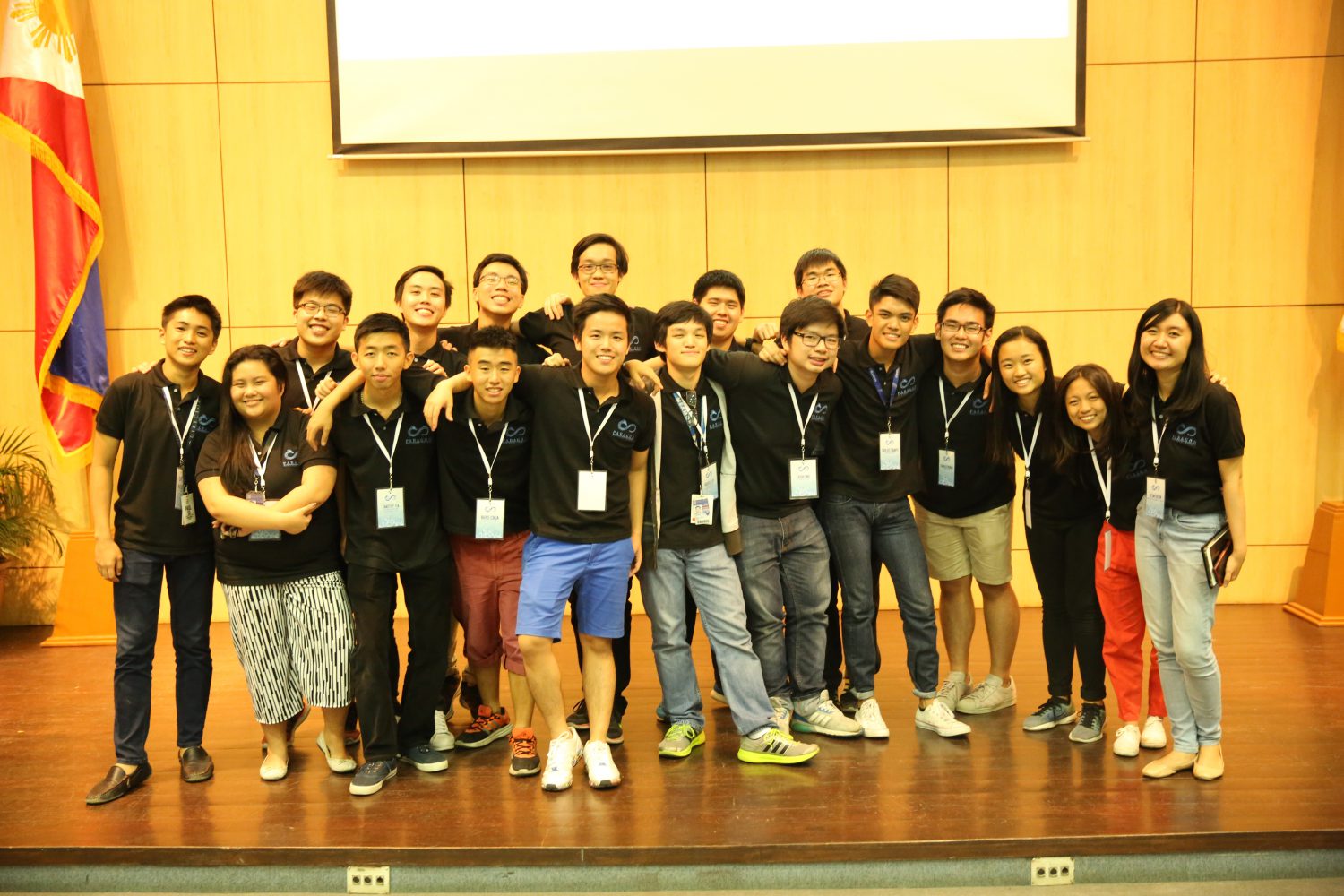
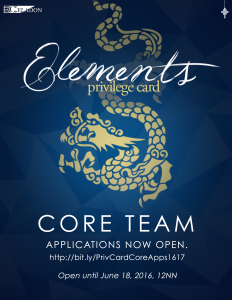
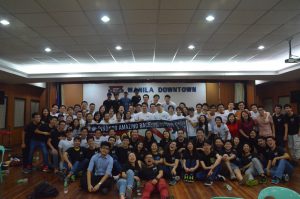
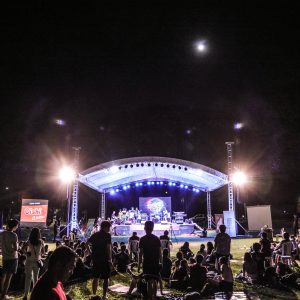
Pingback: Paragon 2017: The Past Presents the Future - Elements Magazine